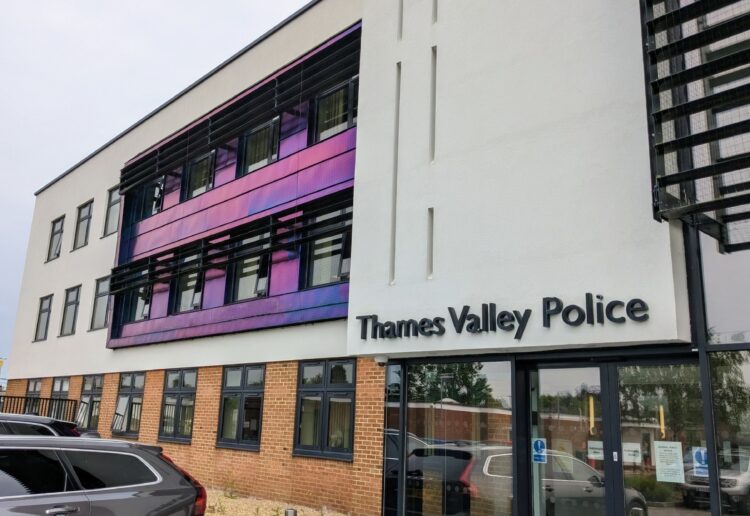THE POLICE and Crime Commissioner has released a new series of resources for local authorities, schools, and caregivers to help protect children and educate adults.
It comes as part of the continued strategy by Thames Valley Police aimed at tackling violence against children and child exploitation.
Child Exploitation refers to children being coerced or manipulated in person or online to do something they don’t want to, for instance in sexual exploitation, sextortion, county lines or force a child to commit shoplifting or other crimes.
Videos have been prepared using subject matter experts and are drawn from the lived experience of victims, funded through the Violence Prevention Partnership to complement its offer for professionals and those working with young people.
Whilst the videos are relevant to anyone working with young people, they have been designed to be Thames Valley generic and primarily aimed at parents and carers of school aged children.
The PCC wrote to Directors of Education/Children’s Services in local councils to ask them to circulate the links to the videos to primary and secondary schools across Thames Valley so that they may disseminate them to parents and carers
The online harm videos share real live experiences of children who were victims, explain different types of online risks, offer practical tips on prevention and on how to recognise signs that a child may be exposed to online harm.
In these cases, children start chatting with people online who pretend to go to their school or live nearby and be of a similar age.
They, then ask for intimate pictures or videos and proceed to blackmail them financially, also known a ‘sextortion’.
Thames Valley Police provides a checklist on how to protect children online and where this can happen–social media, chat apps, and gaming platforms–and how to record evidence and report it to the police.
It comes as part of the Thames Valley Violence Prevention Partnership, established in 2019 and funded by the Home Office.
The partnership aims to reduce the number of people affected by serious violence across the Thames Valley.
Mr Barber said: “Our priority is to protect children and we found that working in partnership and reaching out to those who work with children and young people can make a huge difference.
“That’s why I wrote to Directors of Children’s Services and elected members in councils for Education, as we can all play a part in keeping children safe from criminals who exploit them and cause them harm either in person or online.
“We urge parents of children in primary and secondary schools and schools themselves to learn, use and share these resources.”
Vikki Green, Exploitation Manager, Multi Agency Safeguarding Hub at Thames Valley Police said: “It’s crucial to remember that a child cannot consent to abuse.
“Victims can be any gender, of any ethnicity and any background–Thames Valley Police has a child-centre principle, we want every child to be seen, heard and safe.”
Faye O’Connor, Children’s Mental Health Practitioner at Oxford Health Foundation Trust said: “A common theme we hear from children is that they feel shame and judgement around their experience of exploitation.
“They tell us they wish someone had asked them how they were feeling.
“That’s why we work with parents, carers and professionals to create a safe space to support children as they come to terms with the way in which they have been victimised, manipulated and controlled by people who have caused them harm.”
The resources are available to view via the Police and Crime Commissioner’s YouTube channel: youtube.com/@TV_PCC
Victims of crime and their families can access support through the OPCC’s Victims First Service, which provides free and confidential support through a helpline, chat function and website.
It provides emotional and practical guidance and signposting for victims towards specialised support.












































